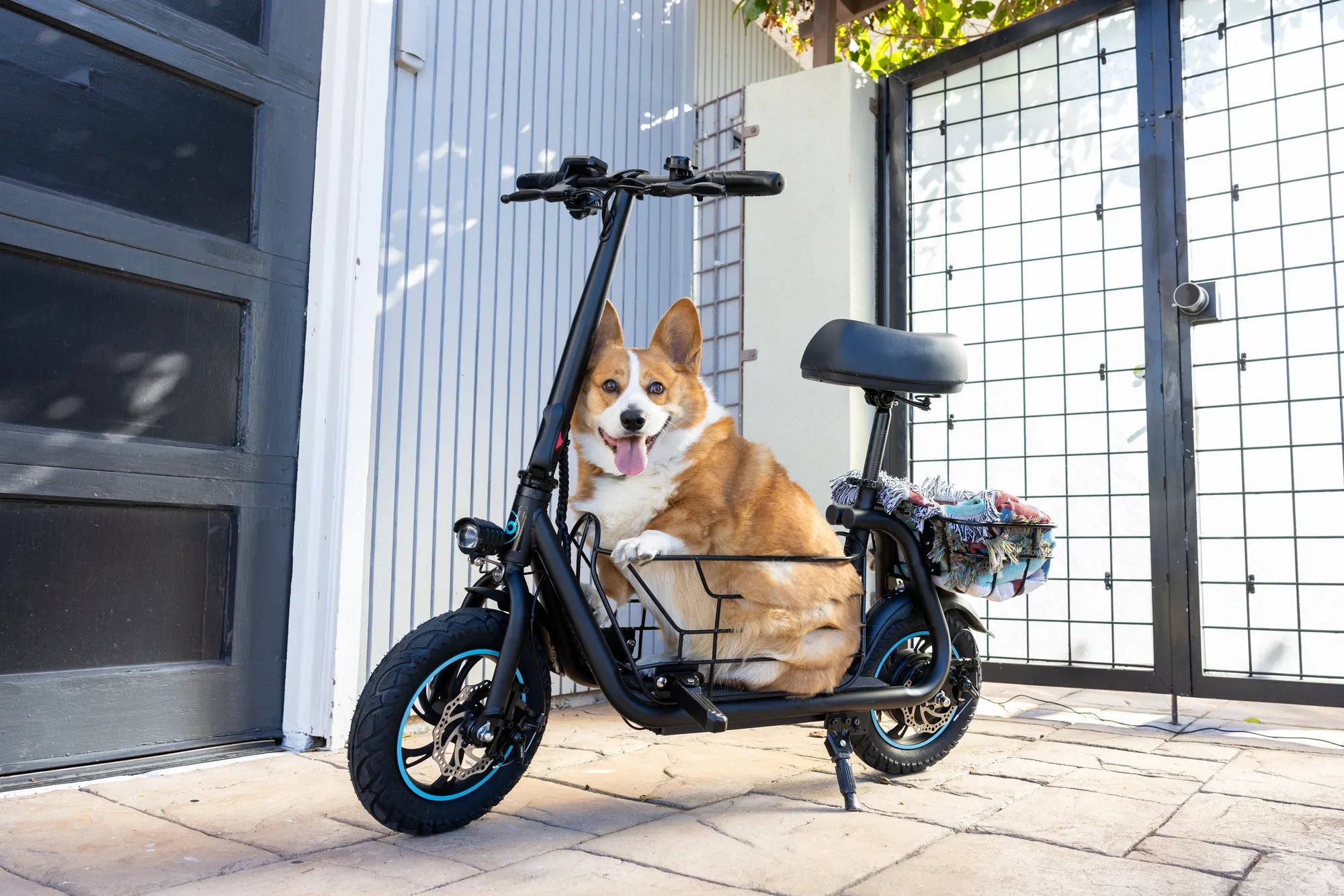The electric scooters industry is buzzing with innovation, competition, and rapid growth. As cities worldwide embrace sustainable mobility solutions, electric scooters have emerged as a popular choice for short-distance commuting. But what does the competitive landscape look like, and who are the key players shaping this dynamic market? Let’s dive in.
Market Overview and Growth Drivers
The global electric scooters market has witnessed exponential growth in recent years, fueled by urbanization, rising fuel costs, and increasing environmental awareness. Governments are implementing policies to promote clean transportation, while consumers are drawn to the convenience and affordability of electric scooters. This surge in demand has led to intense competition among manufacturers, startups, and established players.
Key Players and Market Share
The competitive landscape of the electric scooters industry is fragmented, with a mix of legacy automotive companies, tech startups, and mobility service providers vying for dominance. While no single player holds a monopoly, a few have carved out significant market shares through aggressive expansion, technological innovation, and strategic partnerships. Regional players also play a crucial role, catering to local preferences and regulations.
Technological Advancements and Differentiation
Battery technology, range, and charging infrastructure are critical battlegrounds in this industry. Companies are investing heavily in R&D to develop longer-lasting batteries, faster charging solutions, and smarter connectivity features. Lightweight materials, improved safety mechanisms, and AI-driven navigation systems are also becoming key differentiators in a crowded market.
Regulatory Challenges and Compliance
Navigating the regulatory environment is a major hurdle for electric scooter companies. Different cities and countries have varying rules regarding speed limits, licensing, and where scooters can operate. Compliance with safety standards and environmental regulations adds another layer of complexity, forcing companies to adapt their strategies accordingly.
Consumer Preferences and Brand Loyalty
Price sensitivity, design aesthetics, and after-sales service are top considerations for consumers. Brand loyalty is still developing in this relatively new market, giving agile startups a chance to compete with established names. Companies that prioritize user experience, customization options, and eco-friendly manufacturing processes are gaining an edge.
Future Trends and Opportunities
The electric scooters industry is poised for further disruption, with trends like shared mobility, subscription models, and integration with public transit systems gaining traction. Emerging markets present untapped potential, while advancements in battery recycling and circular economy practices could redefine sustainability standards.
As the electric scooters industry accelerates toward a greener future, one thing is clear: the race for market leadership is far from over. With technological breakthroughs and shifting consumer behaviors reshaping the landscape, the next few years will determine which players emerge as the true pioneers of urban micromobility.

Share:
Electric Motorcycles & Scooters Market: The Future of Urban Mobility
Are Electric Scooters More Dangerous Than Bicycles? A Safety Comparison